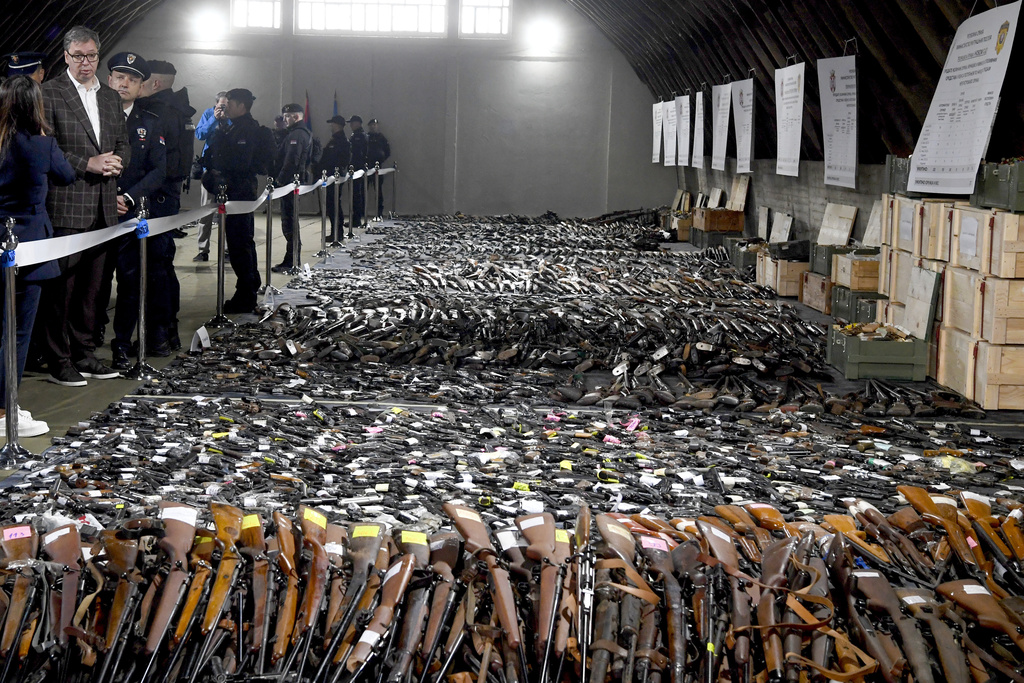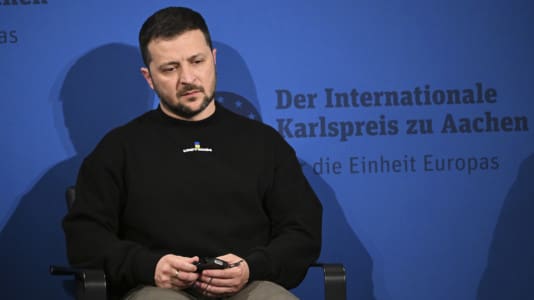The Serbian government’s temporary amnesty on illegally held weapons after two shocking mass shootings inside Serbian schools drove the population to give up many such weapons, including rocket launchers.
The government announced the amnesty from May 8 to June 8 after two gun rampages in Serbia in May. The school and later an attack on the street left 17 dead and 21 wounded.
According to the Serbian president, the operation, which allowed anyone to hand in their illegally held weapons and ammunition without any sanctions, saw some 13,500 weapons handed over so far, including pistols, automatic weapons, hand grenades, and hundreds of thousands of rounds of ammunition.
State President Aleksandar Vučić said that half of the weapons were held illegally, but that some weapons were also handed over for which the owner had a license but decided to dispose of them. The weapons will be transferred to the Zastava Arms factory in Kragujevac, where they will be made into weapons suitable for law enforcement agencies.
The Serbian president also confirmed that until June 8, there will be no consequences for those who hand in their weapons and ammunition that have been held illegally, but after the one-month grace period, there will be a draconian clampdown and huge fines for those found by the police to be in possession of illegal weapons.
On May 2, a 13-year-old student killed eight of his schoolmates and the school caretaker at his school and injured a teacher and six other students. The male teen was placed under psychiatric observation.
The day after the school rampage, a 20-year-old man shot eight people dead with a machine gun and wounded fourteen others in and around Mladenovac, near Belgrade. The man confessed to his crime, saying he wanted to intimidate people in the area.
Following the incidents, the Serbian government has announced a number of measures, including permanent police surveillance in all schools in the country and the lowering of the minimum age of criminal responsibility from 14 to 12. The reduction in age for criminal culpability was prompted by the fact that the seventh-grade student shooter had not yet reached the age of 14 and was therefore not punishable under Serbian law.
Due to the Balkans wars in the 1990s, many weapons were left in the hands of the civilian population, with an average of 39.1 firearms per 100 inhabitants in Serbia, the highest ratio in Europe alongside neighboring Montenegro. According to the Serbian president, there are 766,000 legal weapons in Serbia, a country of 6.65 million people.






